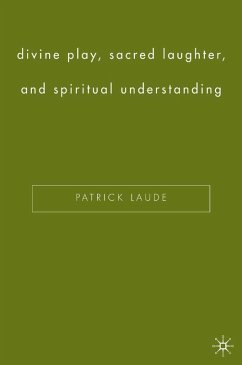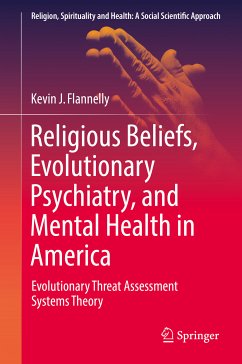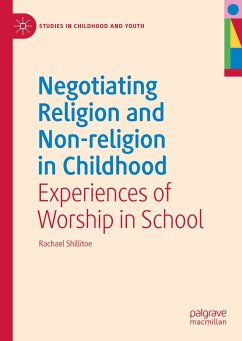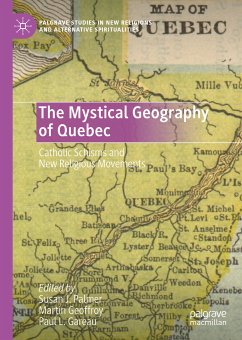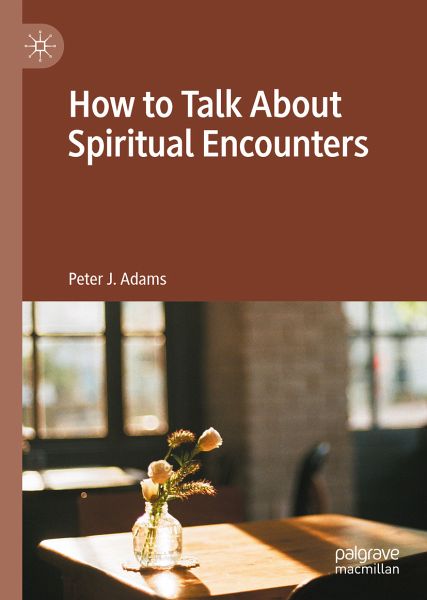
How to Talk About Spiritual Encounters (eBook, PDF)
Versandkostenfrei!
Sofort per Download lieferbar
88,95 €
inkl. MwSt.
Weitere Ausgaben:

PAYBACK Punkte
44 °P sammeln!
This book develops a new and innovative way of understanding how language is used when people describe their spiritual and mystical encounters. Early chapters provide overviews of the nature of spiritual encounters, how commonly they occur, and the role of language. The book then develops a unique way of understanding the dynamics of talking about spirituality, using original research to support this perspective. In particular, Peter J. Adams explores how this characteristically vague way of speaking can be viewed as an intentional and not an incidental aspect of such communications because ce...
This book develops a new and innovative way of understanding how language is used when people describe their spiritual and mystical encounters. Early chapters provide overviews of the nature of spiritual encounters, how commonly they occur, and the role of language. The book then develops a unique way of understanding the dynamics of talking about spirituality, using original research to support this perspective. In particular, Peter J. Adams explores how this characteristically vague way of speaking can be viewed as an intentional and not an incidental aspect of such communications because certain types of vagueness have the capacity to engage the imaginative participation of receptive listeners. This expressive vagueness is achieved by embedding missing bits, or "gaps," in the flow of what is described and these in turn provide sites for listeners to insert their own content. Later chapters focus on practical ways people (including helping professionals) can improve their skills in talking about their spiritual encounters. All content is situated in café conversations between four people each of whom is, in their own way, concerned with the challenges they face in converting the content of their encounters into words.
Dieser Download kann aus rechtlichen Gründen nur mit Rechnungsadresse in A, B, BG, CY, CZ, D, DK, EW, E, FIN, F, GR, HR, H, IRL, I, LT, L, LR, M, NL, PL, P, R, S, SLO, SK ausgeliefert werden.



